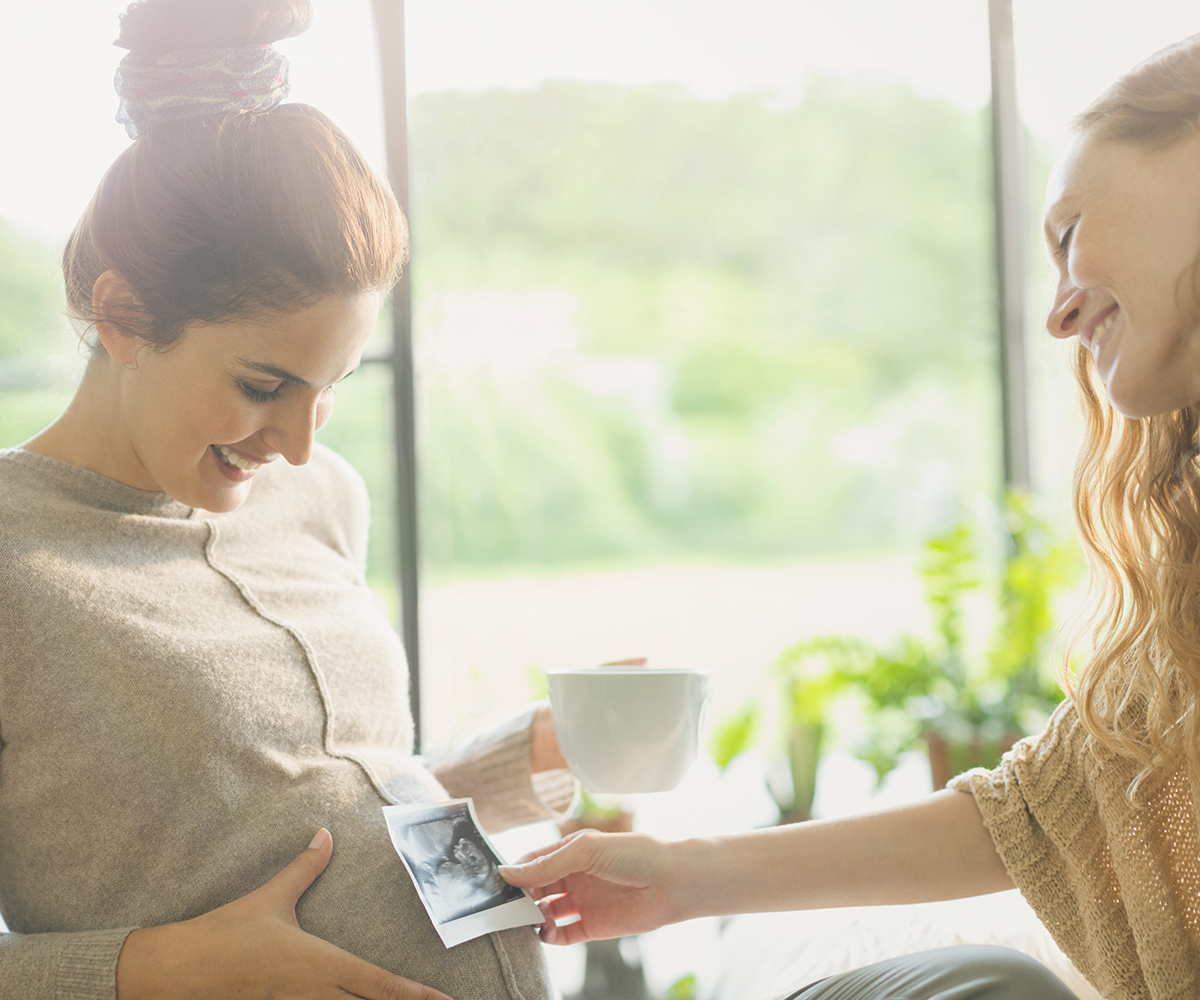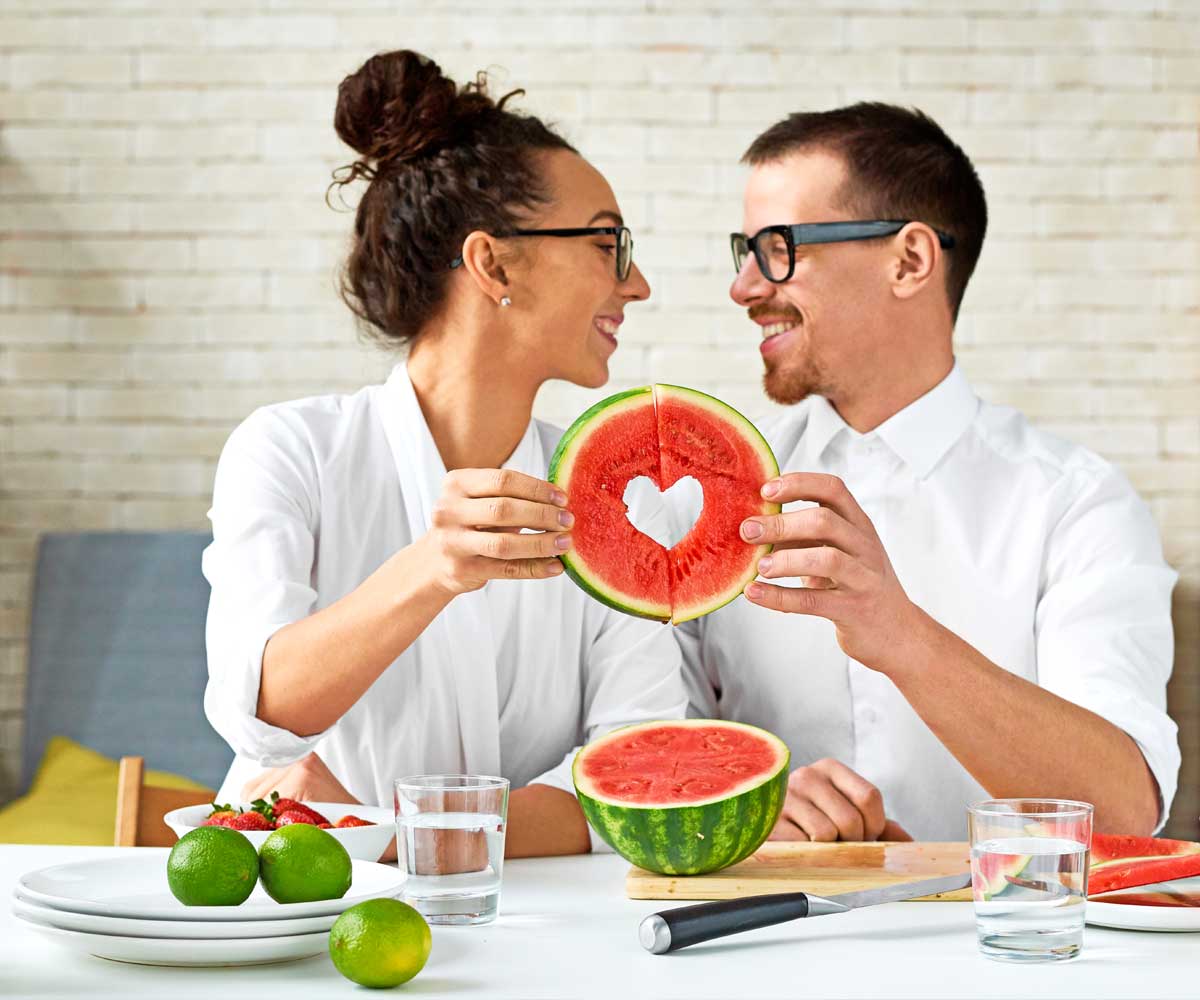Looking after yourself properly becomes even more crucial when you’re trying to start a family.
Good health and vitality not only increase your chances of conceiving and going on to have a trouble-free pregnancy, but they can impact on the future wellbeing, and even the intelligence, of your child.
The first thing to look at is what you’re eating and drinking.
Research from Auckland’s Liggins Institute shows that many New Zealand women aren’t making all the lifestyle choices they could to give them the best chance of having a healthy baby.
Some things are obvious – you won’t be surprised to hear that heavy alcohol intake reduces fertility in both men and women, or drinking lots of coffee is a bad idea as it can increase the risk of miscarriage.
But researchers also discovered that women undergoing fertility treatment who are green-tea drinkers have lower odds of becoming pregnant. This is thought to be due not only to the caffeine but other bioactive elements in a tea that is generally held to have health benefits.
Aim for 10-plus fruit and vegetables a day

Image: Getty Images
You can’t go wrong if you eat lots of fruit and vegetables.
The old ‘five-plus a day’ rule is fine but for optimum health the latest view is we should be aiming for more like 10 a day – so long as we wash everything carefully to get rid of traces of pesticides.
“There’s good evidence that men who eat more takeaways and less fruit and vegetables take longer to conceive,” says fertility expert Dr Mary Birdsall.
Antioxidant-packed fruit and vegetables are especially important for those with poor sperm.
And there’s an antioxidant supplement, Menevit, that can help give sperm health a boost by reducing damage from free radicals.
For women, the key pre-natal supplements are folic acid and iodine.
Many of us aren’t getting enough as we try for a baby.
Mary says that a daily 800 micrograms of folic acid should be taken to prevent neural tube defects and 150 micrograms of iodine for brain development.
“It might make as much as 10 IQ points’ difference,” she explains.
Maintain a healthy body weight
In the run-up to parenthood it’s also helpful to maintain a healthy body weight.
Being too heavy impacts on everything from sperm quality to the length of time it takes to conceive and the risk of pregnancy complications.
However, Mary says many women who come to see her for treatment at Fertility Associates have the opposite problem.
“Being underweight is a real issue, too.
“With a BMI under 18 most women will stop ovulating and if they do manage to get pregnant there is an increased risk of miscarriage.
“But it’s a difficult group to convince. They think they’re being super-healthy by restricting food and doing lots of exercise.”
No more than five hours of moderate exercise a week seems the ideal for women trying to get pregnant – so not the best timing for an F45 Challenge or to sign up to CrossFit.
Remove chemicals from your life
This is also the time to consider the environments you live and work in.
Are you exposing yourself to lots of chemicals that are likely to harm your reproductive health?
Endocrine-disrupting chemicals can mimic our naturally occurring hormones, block them and interfere with the way they are controlled.
Some of the chief culprits such as parabens and phthalates are found in many personal care products such as moisturisers and shampoos.
While it would be impossible to eliminate these substances from your life entirely, it’s worth trying to restrict exposure.
Alexx Stuart, of blog Low Tox Life, is devoted to battling the “nasties” and she says the quickest change you can make is to ditch all the fake smells from your home, including scented candles.
Plastics are also a concern, so avoid heating food in plastic containers or plastic wrap and drinking from a plastic water bottle that’s been warming up in your car.

Image: Getty Images
Natural fertility
For anyone struggling to conceive, having a greater understanding of your own body is useful and that is where Natural Fertility NZ can help.
Its educators work with couples to chart their signs of fertility, looking at things such as basal body temperature and cervical mucus to pinpoint exactly when they are fertile and when they are not.
The organisation’s president and educator, Lena Wells, says becoming pregnant can be a long journey for some people, “so it’s really important to have someone methodically helping you through as you can easily get lost”.
Couples might end up needing medical intervention to get pregnant, while others prefer to seek out natural therapies such as acupuncture.
There are also lots of herbal options, but these are powerful medications and need to be tailored precisely to your individual needs so a qualified herbalist’s advice is necessary.
“You have to be so careful that you’re not taking things that will affect the foetus if you do get pregnant,” points out Lena.
Caution is also required when it comes to ‘bioidentical hormones’, which are sometimes used in hormone therapy.
There are concerns about some of these products since they are unregulated so there is no way of guaranteeing the accuracy or safety of the dose.
The ideal age to conceive
The most important factor of all when it comes to conceiving, breezing through pregnancy and having a healthy baby, is the age of both parents.
A recent study from Stanford University in the US, which looked at 40 million births, showed babies fathered by men aged 45 or older tended to have more medical issues than those born to younger men.
It’s believed this is due to changes in the DNA of older men’s sperm.
For women, fertility peaks in their twenties; after the age of 35 it typically becomes more difficult to get pregnant no matter how healthy you are.
“That’s shocking for many people,” says Dr Mary Birdsall.
“They think if they’ve looked after their health they’ll be able to have a baby at 45, and sadly that’s not the case.
“Most of us stop having babies 10 years before the menopause, and the average age for that is 51. So the most important piece of advice is to have your babies in your twenties and thirties.”
 Image: Shutterstock
Image: Shutterstock



